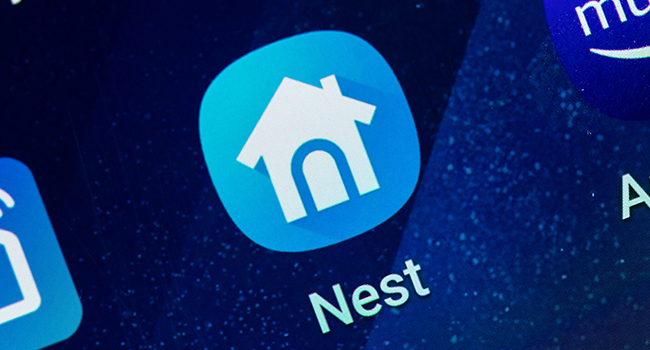
Google Warns Nest Owners to Check their Login Security after Increase in Hacked Cameras
Google clarified in the email that per its numbers, there has not been a breach of the Nest user base. The company wanted to remind users that breaches are possible and that there are “a few easy things you can do to get the most out of Nest’s security features.”
- By Jessica Davis
- Feb 08, 2019
Nest’s parent company Google emailed Nest security camera owners Wednesday warning them to secure their login information by using two-factor identification and stronger passwords.
The security reminder follows an uptick in Nest camera hacks and even some hoaxes. For example, a hacker yelled abusive epithets at an Illinois family through a Nest camera microphone, and a California family was terrified when a hacker hijacked their Nest camera and issued a false missile attack warning.
Google clarified in the email that per its numbers, there has not been a breach of the Nest user base. The company wanted to remind users that breaches are possible and that there are “a few easy things you can do to get the most out of Nest’s security features.”
“For context, even though Nest was not breached, customers may be vulnerable because their email addresses and passwords are freely available on the internet. If a website is compromised, it’s possible for someone to gain access to user email addresses and passwords, and from there, gain access to any accounts that use the same login credentials,” the email from Google read, in part.
“For example, if you use your Nest password for a shopping site account and the site is breached, your login information could end up in the wrong hands. From there, people with access to your credentials can cause the kind of issues we’ve seen recently.”
In the email, Google suggests users take the following steps:
- Enable two-step verification
- Choose strong passwords
- Set up Family Accounts for Nest
- Be alert against phishing
- Protect your home network
About the Author
Jessica Davis is the Associate Content Editor for 1105 Media.